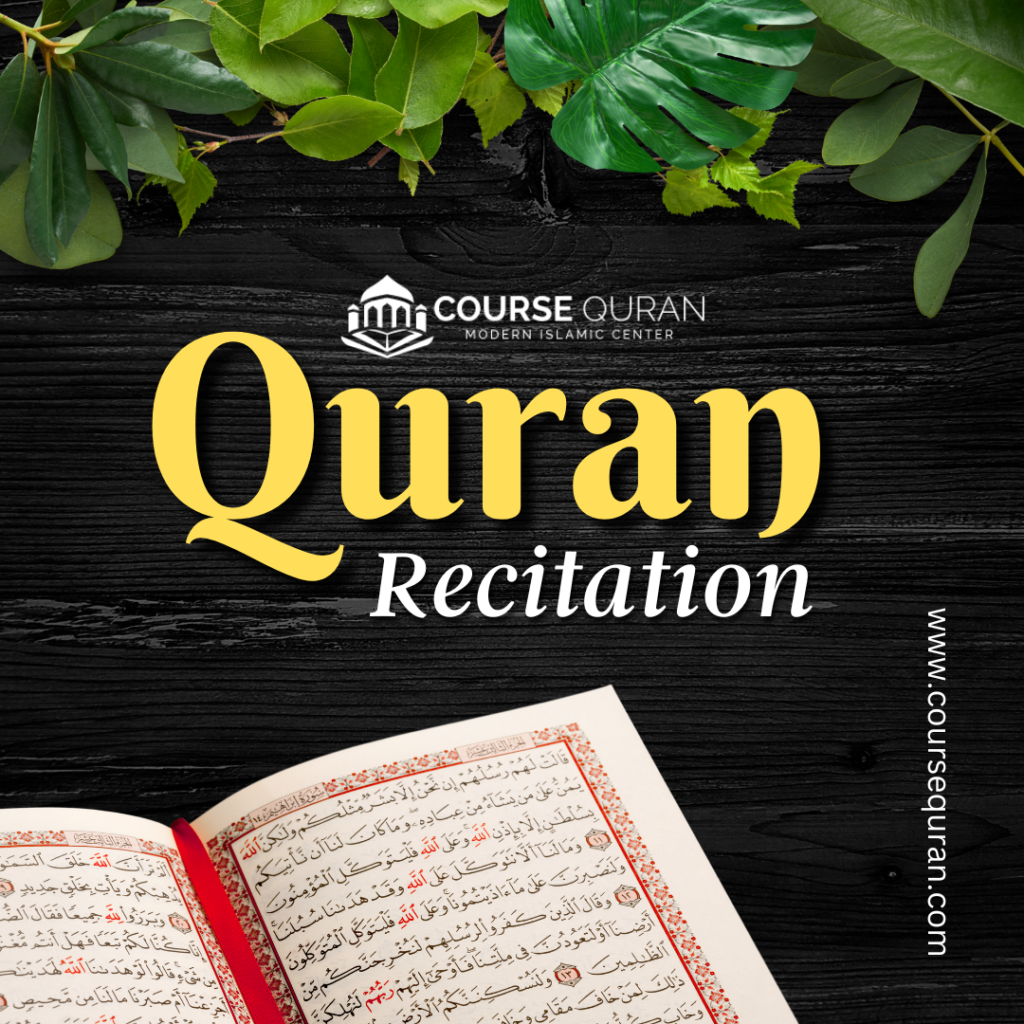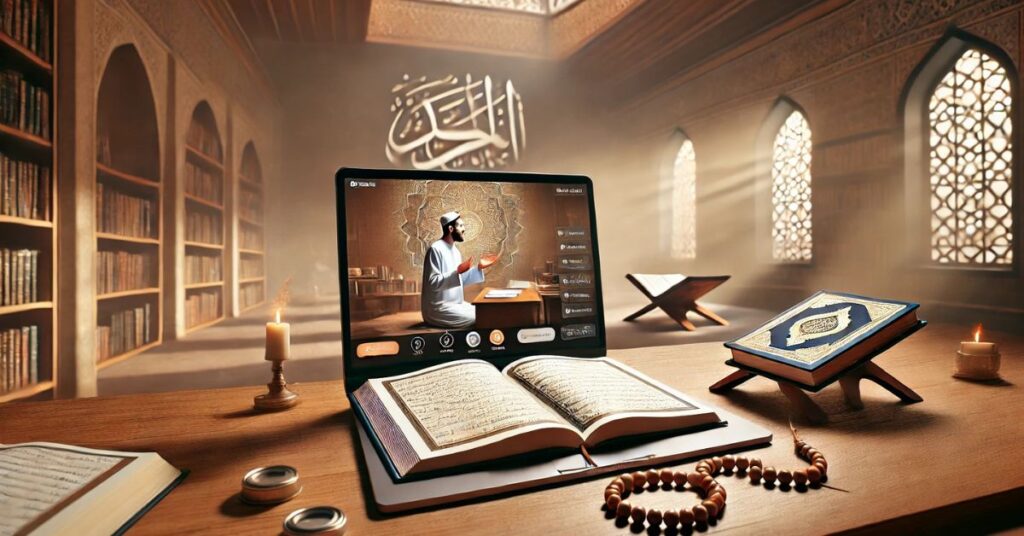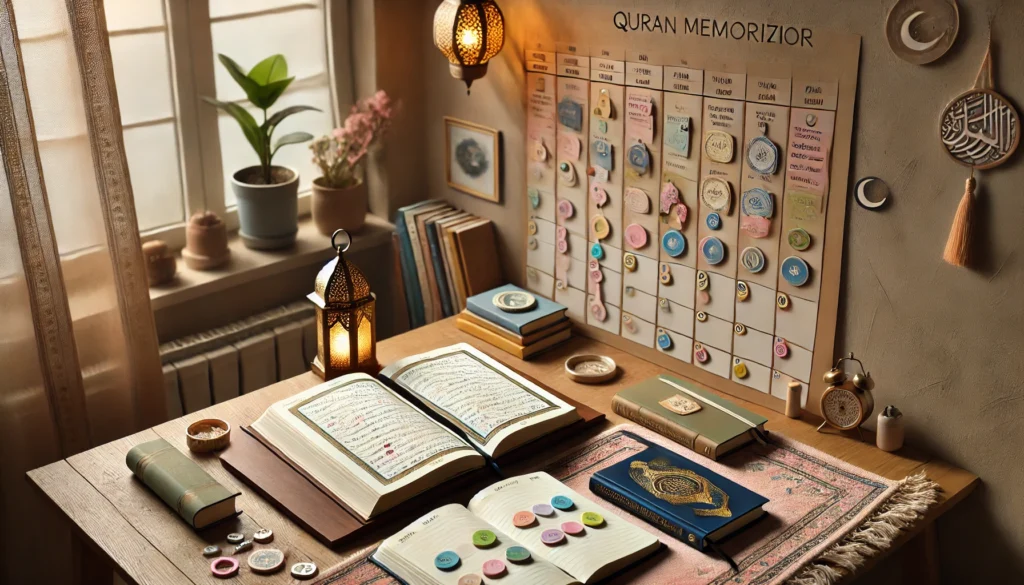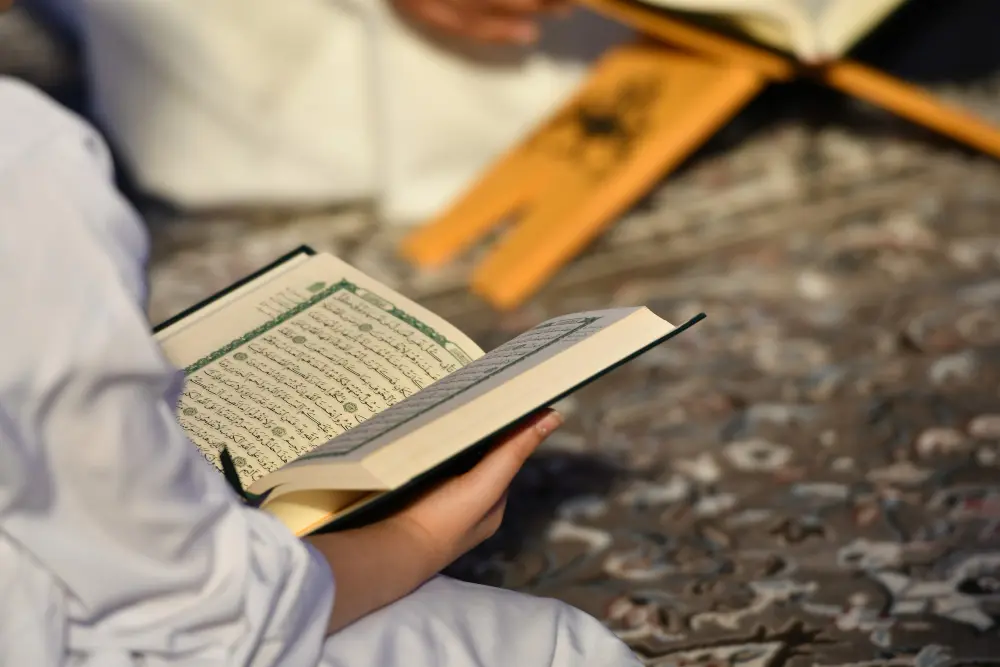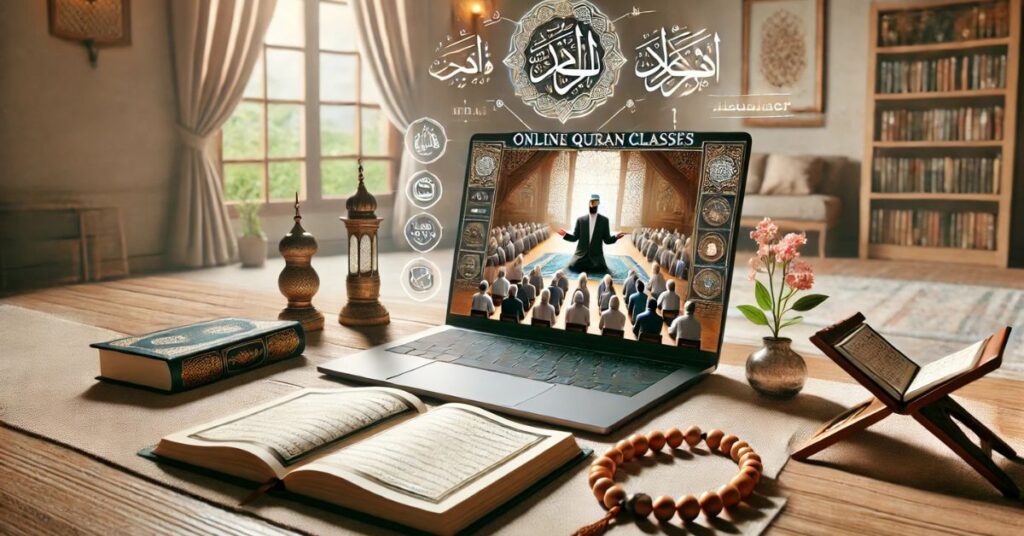A pilgrimage to Hajj is one of the most important religious pilgrimages amongst the Muslims faith system. This is the reason why millions of Muslims from different parts of the globe perform this crucial pillar of Islam annually by heading for Mecca. However, Hajj is not only a journey, but an internal one which cleanses one’s soul, changes it and enlightens it. If you are planning for this holy journey to undertake this journey of faith or if you are planning for the next Hajj here are some key tips that will enhance your relationship with the reverence space of Hajj in order to deeply understand the meaning of this wonderful event.
1. Start Your Journey with Sincere Intentions
The first and arguably the most crucial aspect that records the beginning of hajj is to cleanse one’s intention. Please bear in mind that it is not a holiday; it is not a tourist trip, it is an obligation to be performed for Allah. The practice in this world is to set your mind and your heart towards the idea of taqwa, or pleasing Allah. This is how you’ll come to appreciate the fact that worship is not a once in a while event – literally all worship, however liturgical and however large or small, will feel more worshipful.
Why Intentions Matter
In Islam, the intention (niyyah) behind any action is what determines its reward. If your intention is sincere, your spiritual journey during Hajj will be more rewarding and enriching.
2. Educate Yourself Beforehand
What really and truly is important to comprehend, therefore, is the ceremonial usages of the hajj. Before going to this hajj, try to discover the several rites which are misr catalogue, Tawaf this is the clockwise circulation of the Kaaba, Sa’i this is the every between Safa and Marwah, standing and plain of Arafat. This will ensure that the process becomes easier and you are able to concentrate more on the spiritual aspect of the journey with out having to worry about what comes next.
Online Resources for Learning About Hajj
Websites like IslamicFinder and Saudi Ministry of Hajj and Umrah provide comprehensive guides about Hajj rituals. Learning the process will reduce anxiety and allow you to focus on your spiritual connection during Hajj.
3. Prepare Physically and Mentally
Depending on the personal condition, Hajj can be tiring and the extended walking, heat, congested areas, and hours of getting fatigued maybe too much for some of us. nutrition and physical readiness is recommended since one should be fit through exercise such as walking and light moving. But no less important is the preparation in the mind. Perform meditation daily prayers and reading Quran to build up your perseverance mental and emocional strength.
Self-Care Tips During Hajj
- Stay hydrated: Always carry a water bottle to avoid dehydration.
- Rest when needed: Don’t push yourself too hard. There will be times when you’ll need to conserve energy.
- Wear comfortable clothing and footwear to prevent blisters.
4. Engage in Dua and Dhikr Frequently
Hajj is the perfect time to increase your remembrance of Allah. Perform as much Dhikr (remembrance of Allah) as possible during your journey. Whether you’re standing in line, walking to the next ritual, or sitting in your tent, take time to recite simple prayers and Dua (supplications).
Recommended Dhikr and Dua
- “SubhanAllah” (Glory be to Allah)
- “Alhamdulillah” (All praise is due to Allah)
- “Allahu Akbar” (Allah is the Greatest)
These simple phrases can help keep your heart connected to Allah throughout the day. For specific Duas for Hajj, check out the helpful guides available at Dua Revival.
5. Reflect on the Lessons of Hajj
Hajj teaches us many lessons, such as the equality of all believers, patience, and submission to Allah. Reflect on the history and meaning behind each ritual. For example, the Tawaf represents unity, with every Muslim turning towards the Kaaba in worship. The standing at Arafat symbolizes the Day of Judgment, reminding us of the need for repentance and humility.
Lessons to Take Home
The spiritual journey doesn’t end when you leave Mecca. Use the lessons you learn during Hajj to transform your daily life. Be more patient, humble, and compassionate towards others. The pilgrimage is a chance to return to Allah and seek His mercy and forgiveness.
6. Be Kind and Patient with Others
During Hajj, you will encounter people from all walks of life, and not everything will go as planned. There may be long lines, delays, or misunderstandings. However, the best way to maintain your spirituality is by practicing patience and kindness, as these are traits that Allah loves.
The Importance of Patience
Allah says in the Quran, “Indeed, Allah is with the patient” (Surah Al-Baqarah, 2:153). Patience during Hajj is a form of worship and can lead to immense rewards.
7. Stay Connected with Your Family and Community
Although Hajj is a personal journey, it’s also a communal one. You’ll be surrounded by millions of fellow Muslims who are all there for the same purpose. Share your experiences with your family and friends back home. Let them know how they can pray for you and how you can pray for them during your pilgrimage.
Keeping Your Family in Your Prayers
It’s a good idea to keep a list of people who’ve asked for your prayers. You can remember them during the most significant moments of Hajj, such as during the day of Arafat or while performing Tawaf.
8. Focus on Spiritual Growth, Not Perfection
Many pilgrims aim to complete every ritual flawlessly, but it’s important to remember that Hajj is about spiritual growth, not perfection. If you make a mistake or forget a part of the ritual, seek forgiveness and move on. Allah is the Most Merciful and values the effort and sincerity behind your actions more than perfection.
The Role of Forgiveness in Hajj
The Prophet Muhammad (PBUH) said, “Whoever performs Hajj for Allah’s sake…and does not commit sin, will return as pure as a newborn baby” (Sahih Bukhari). This hadith reassures us that Hajj is a chance for a fresh start, where our sins can be wiped away through Allah’s mercy.
9. Take Time to Reflect Post-Hajj
Once your journey is complete, take time to reflect on how the experience has changed you. What did you learn? How will you implement these changes in your daily life? The goal is to take the spirituality of Hajj and bring it home with you, letting it influence your actions long after the pilgrimage has ended.
Post-Hajj Reflections
Consider keeping a journal or blog to record your thoughts and reflections. This will help you revisit your spiritual journey and maintain the improvements you’ve made in your life.
Conclusion
Hajj is the special ritual that can be done only once in a lifetime, but it brings huge merits for a Muslim who performs it with pure intention. This way you will be well prepared for taking full benefits out of this sacred yatra physically, mentally and spiritually. The following tips for a spiritual journey during Hajj will assist you on your journey so that you can strengthen your relationship with Allah as you are favoured with the ability to enhance your journey and leave a rejuvenated person.


